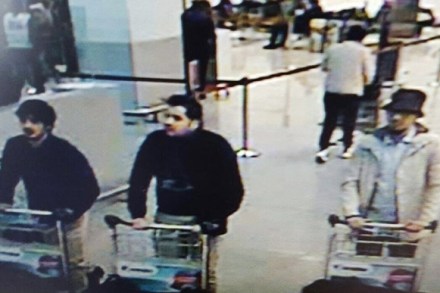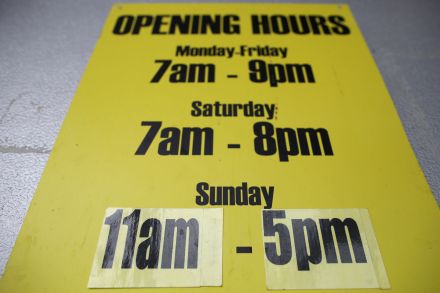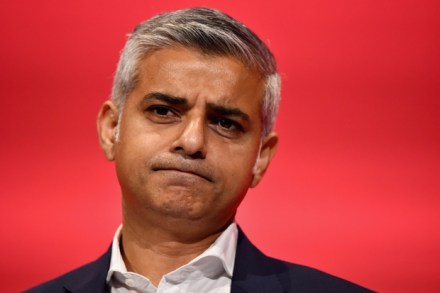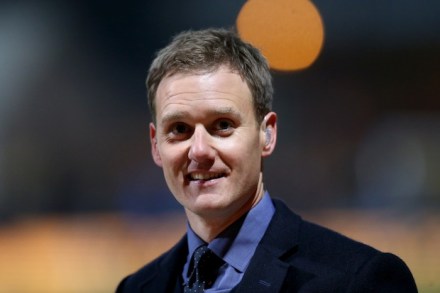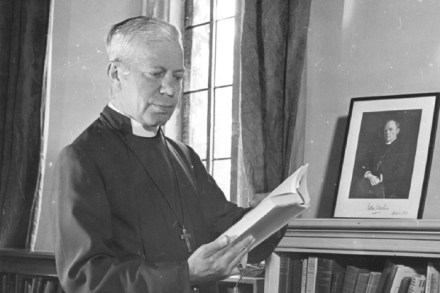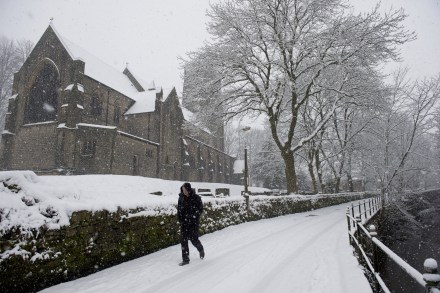Like London, Brussels has allowed itself to become a hotbed of Islamic extremism
It was only a matter of time before Brussels got the suicide-bomb allahu akbar treatment, as the Belgians knew full well. Part of the city – especially Molenbeek – is a cesspit of Islamic extremism. The authorities have been content to let such areas fester and until recently the police were noticeable by their absence. Quite aside from the Isis-inspired suicide bombers, a whole crescent (suitably enough) along the north-west seaboard of Europe has proved fertile ground for the Arab European League, a violently anti-Semitic and anti-western Islamist movement which has attracted scant attention, despite its typically vile programme. From Lille in the south, via Brussels, Antwerp, The Hague all the way
